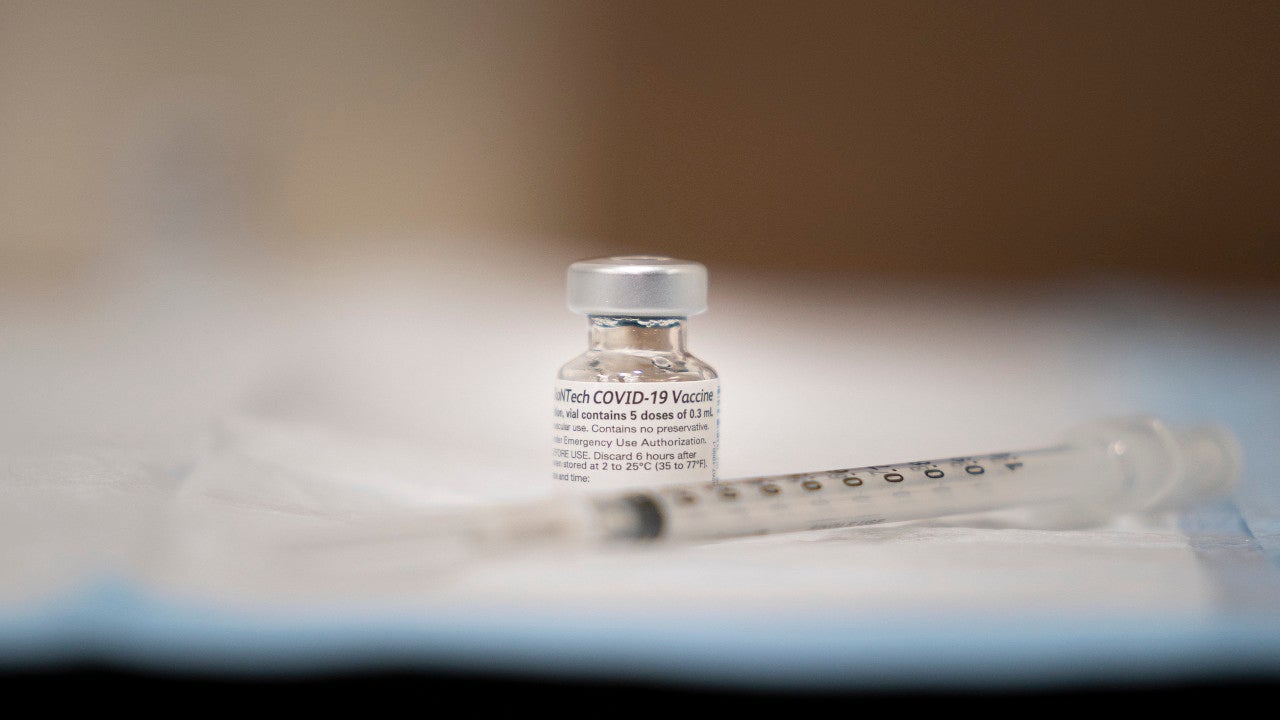Economists believe that countries need to spend whatever it takes on wartime-style mobilisation to develop, distribute and inject vaccines to save the world from long Covid and new virus strains.
Mortiz Schularick
Mortiz Schularick, professor of economics at the University of Bonn, shared an article on how to save the world from long Covid. Experts believe that governments and countries should spend whatever they have got to vaccinate their people and the world as soon as possible. Time is of the essence and no one is safe until everyone is safe.
Most rich countries and the vulnerable groups in developing countries are expected to get vaccinated in 2021. Experts believe that vaccines will help in preventing disease from all types of strains and not just Covid-19, and that eventually the virus will mutate into a more benevolent form, which may solve the problem.
However, a worrisome scenario being predicted by researchers is that vaccine-resistant mutations can cause years of deaths, lockdowns, economic downfall, and political instability. As a result, Covid-19 may follow the course of most viruses, where it is deathly now but with humans eventually acquiring protective immunity over time.
Coronavirus vaccines are hastening the course of herd immunity. It is also being speculated that previous vaccines and infections can help protect people from severe disease, just as the ability of vaccines being able to tackle the recent emergence of British and South Africa mutations.
"We need to spend whatever it takes on wartime-style mobilisation to make, distribute and inject vaccines." https://t.co/ecYbu6WZo0
 GlobalData Strategic Intelligence
GlobalData Strategic IntelligenceUS Tariffs are shifting - will you react or anticipate?
Don’t let policy changes catch you off guard. Stay proactive with real-time data and expert analysis.
By GlobalData— Moritz Schularick (@MSchularick) February 4, 2021
Alicia García-Herrero
Alicia García-Herrero, an economist and academic, shared an article on the urgent need for India to exercise more openness after the pandemic. While the country is focused on health and infrastructure to create more jobs, as its global trade share declines, experts believe that the country needs to expand its manufacturing sector to create more jobs and utilise its labour better. This is turn, will help in mobilising trade and generate more exports.
The Covid-19 pandemic revealed some basic weaknesses such as having to rely too much on domestic demand, less exports, especially from the manufacturing sector, and a large section of the population holding informal jobs in unproductive sectors of the economy.
The 2022 fiscal year budget further revealed that India lacks the space for a massive fiscal expansion. The central government proposed spending of 35 trillion rupees or $480bn, which is approximately 17.7% of the GDP or a 1% increase from FY2021 that rose substantially on account of Covid-19.
The country’s debt level is also expected to rise, with gross borrowing for FY22 to be 12 trillion rupees, a decline from from FY21 but much higher than the non-pandemic years.
#India: Infra can only create temporary jobs so not as powerful as manufacturing. Urgent need to shift gears towards more openness after the pandemic. The #budget also shows that India lacks the space for a massive fiscal expansion. Only openness left @ATFinancial_ @Trinhnomics https://t.co/e8JulaJ0Y3
— Alicia GarciaHerrero (@Aligarciaherrer) February 5, 2021
Christophe Barraud
Christophe Barraud, chief economist and strategist at Market Securities, shared an article on the House approving a budget resolution in a 218-212 vote, thereby allowing the Congress to pass the $1.9tn Covid-19 relief without Republican support.
The Senate is also expected to pass a budget resolution, and then both the chambers will need to arrive at a budget compromise package that will include the Covid-19 relief deal.
John Yarmuth, the House Budget Committee Chairman stated that they could not afford to slow down the response to these urgent crises while Republicans decide if they want to help or not.
https://twitter.com/C_Barraud/status/1357205990291169280




